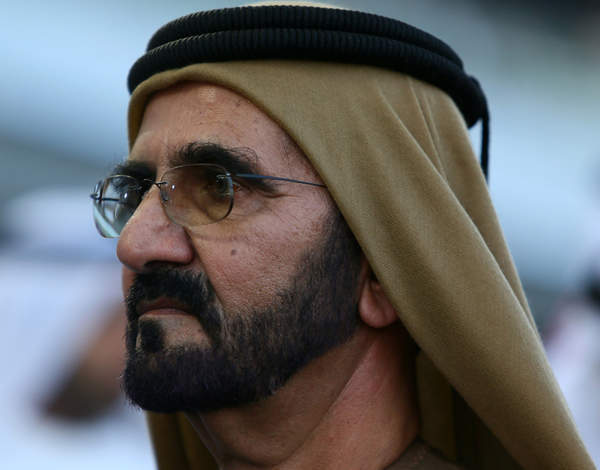
A new book by the emir of Dubai offers a glimpse of the ambitious philosophy behind the growth of the UAE, says Zak Smith
Dubai is one of the most remarkable places on earth, and not just because its police fleet involves a number of Ferraris, Lamborghinis and Bentleys.
A metropolis built in the desert, it has over the past few decades risen to prominence in several sectors, and its ruler has ambitions that outstretch the other Gulf states, the region and – if you read Sheikh Mohammed Bin Rashid Al Maktoum’s new book – the world.
’Flashes of Thought’ is the latest book by the prime minister and vice-president of the United Arab Emirates and emir of Dubai. The driving force behind Dubai’s acceleration as an international business and travel hub has decided here to share with the world vignettes on leadership, life and governance, as well as insights into his views on the modern world and Dubai’s increasingly important place within it.
The book is full of grand statements usually found in autobiographies and self-help publications such as ‘There is no such thing as impossible. Everything is achievable with ambition and drive.’ These may come across as trite considering the man sits on billions of dollars worth of oil wealth and, via a quirk of geographical fate, presides over a tiny land mass that has the resources to fill any man’s ambitions.
However, considering his background before his father struck oil was simple, humble and nomadic, the young sheikh has utilised these resources to amazing success, and the typically American motivational sayings that litter the book do ring truer than normal when looking at Dubai.
The Emirate derives less than 5 per cent of its GDP from oil, and has built itself into an economy capable of sustaining itself when the oil runs dry. With dozens of multinationals operating in Dubai and people from over 200 nations living there, the sheikh clearly stands by what he says: ‘By attracting the best talent from around the world, we can create a vibrant and diverse society that fuels innovation and prosperity.’
The sheikh proudly states again and again that ‘we were told that developing a tourism industry on our hot desert was impossible; today we receive over 10 million visitors per year. We were told that building towers in the sea was impossible; today we have the biggest man-made island in the world with hundreds of towers housing thousands of people. We were told that our region was teeming with tension and therefore trade could not thrive; today we are the biggest partner in the Middle East for the most important economies in the world.’
The work, based on a public Q&A held at the UAE Government Summit, is an interesting mix of boasts, mostly justified, and the sheikh’s attempts to impart to his readers his blueprint for professional and personal fulfilment via effective governance.
’Good governance is about nothing more or less than creating happiness. It really is that simple… When governments create opportunities for people, this makes them happy. When governments offer the best education, they equip their young people to build their future and so to achieve happiness for themselves.’
’Flashes of Thought’ may contain such clich’s, but they clearly shape the sheikh’s worldview, which in turn benefits Dubai and those who interact with it for business and pleasure. Given Dubai’s continuing success, it may be worth our current leadership taking a quick read.






